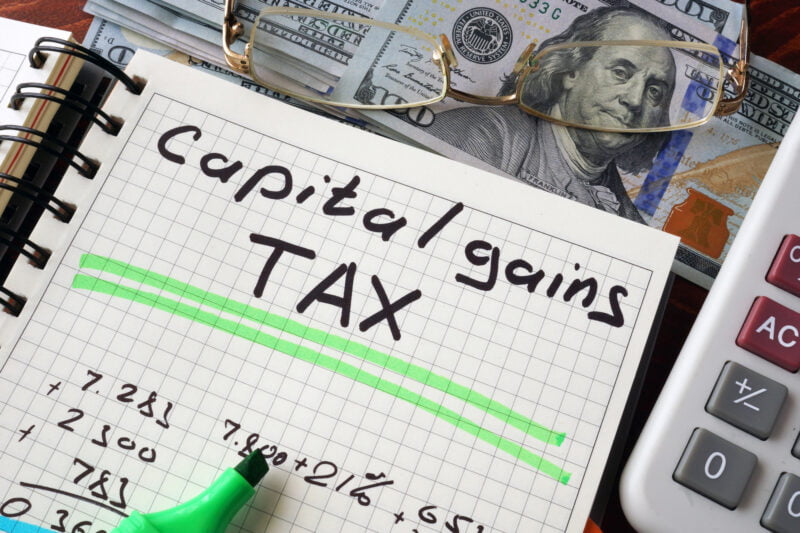Did you know that U.S. income tax rates reach 37 percent for high earners? Without proper tax planning, individuals who make over $150,000 could end up losing more than a third of their income to federal taxes.
The good news is that working with a tax planner or following the tax tips in this article can save you some serious money. Investing in stocks, for example, can help you cut your taxable income while increasing your earnings. Read on to learn more about how you can reduce your taxable income this year.
1) Minimize Trading as Part of Tax Planning
Are you a hands-on stock trader? The more often you trade, the more you will be taxed.
Actively managed brokerage accounts trade more frequently. Realized gains are taxed once someone reports them, and they are reported whenever a trade takes place.
If you are a high net worth investor who relies on active management, you may be paying much higher tax rates than you need to.
Micro-managing stocks often does not lead to better profits, so taking a hands-off approach to the stock market can save you time while lowering your taxes.
2) Reduce Use of Taxable Bonds
As a general rule, the higher your income, the worse taxable bonds are as an investment strategy. Taxable bonds, like equities, produce capital gains each and every time a fund manager sells or buys securities.
Rather than focusing on taxable bonds, consider investing in municipal bonds. Government bonds are not subject to federal taxes. Often, there are no state taxes either.
3) Make Qualified Charitable Deductions
If you are older and do not need your required minimum distributions, those funds could be added to your taxable income. Rather than keeping those distributions, you can donate the funds to a charity as a qualified charitable deduction.
You can transfer up to $100,000 of your required minimum distribution to a charity, which will prevent those funds from adding to your income. In the process, you will be helping a worthy charity. As part of your tax planning strategy, seek WealthAbility tax advice.
4) Earn Income from Capital Gains
Capital gains refer to the profits that are derived from the sale of an asset. The asset could be stocks, land, a business, or other things. While these sales are considered taxable income, they generally fall into lower tax rates than your income tax does.
Common tax planning tips include tax advice like building equity in assets and then selling those assets to live off of. If you make less than $445,000 as a single person, you will only pay 15 percent in taxes for those capital gains.
A Little Tax Planning Can Go a Long Way
Tax planning often requires very minor changes that can lead to big savings by the end of the year. The difference between a 37 percent tax rate and 15 percent could mean thousands or tens of thousands of dollars in savings.
From practical financial advice to practical tips on how to up your poker game, you’ll find it all right here.




